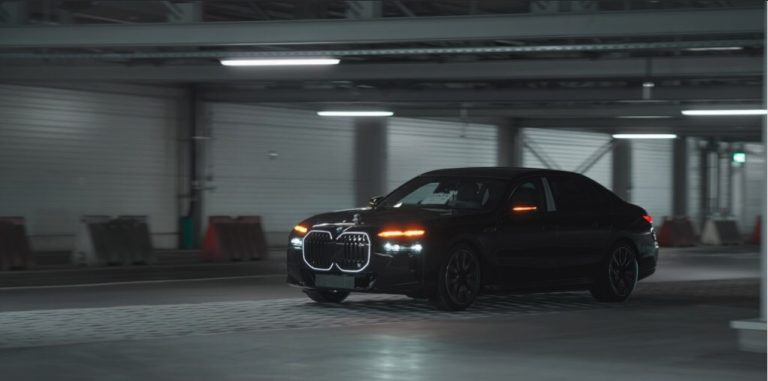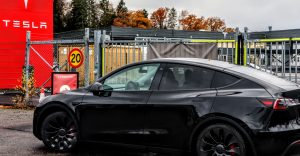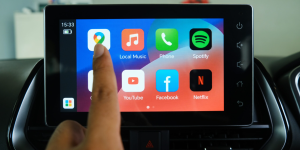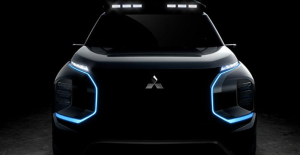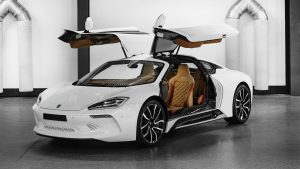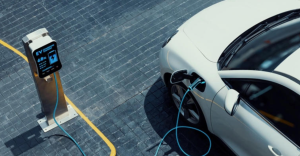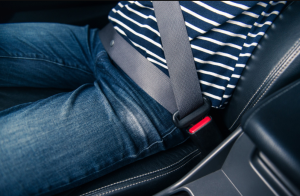BMW is taking automation to a new level.
Others are reading now
BMW is taking automation to the next level by introducing self-driving cars that navigate their way around the factory floor in Dingolfing, Germany.
These driverless vehicles even complete a lap on a short test track.
Since 2022, BMW has been refining its Automated Driving In-Plant system, which has now been certified and is ready for production use. The innovative system optimizes production processes, offering significant improvements in efficiency and logistics.
“With Automated Driving In-Plant, we’re streamlining production and achieving clear advantages in efficiency and logistics,” said Milan Nedeljković, BMW AG board member responsible for production, in a press release.
Also read
The system relies on an extensive sensor infrastructure, including advanced Lidar technology, strategically placed along production routes.
This setup forms Europe’s largest network of Lidar sensors, enabling select BMW models—including the 5 Series, 7 Series, and Mini Countryman—to drive autonomously within the factory.
BMW plans to roll out the system to other facilities, including factories in Leipzig, Regensburg, and Oxford, England.
The ultimate goal?
To have 90% of BMW and Mini models utilize this self-driving system during production.
“Over the next decade, we will log millions of test kilometers with Automated Driving In-Plant across our production network,” added Nedeljković.
This ambitious move aligns with BMW’s broader strategy to digitize and automate its production processes. It’s also a stepping stone toward autonomous driving beyond the factory—on public roads.
BMW sees substantial benefits in this system, not just in terms of assembly line efficiency but also as a key step in integrating autonomous technologies into their production facilities. The technology developed in-house could eventually extend to BMW’s self-driving cars on the road.

